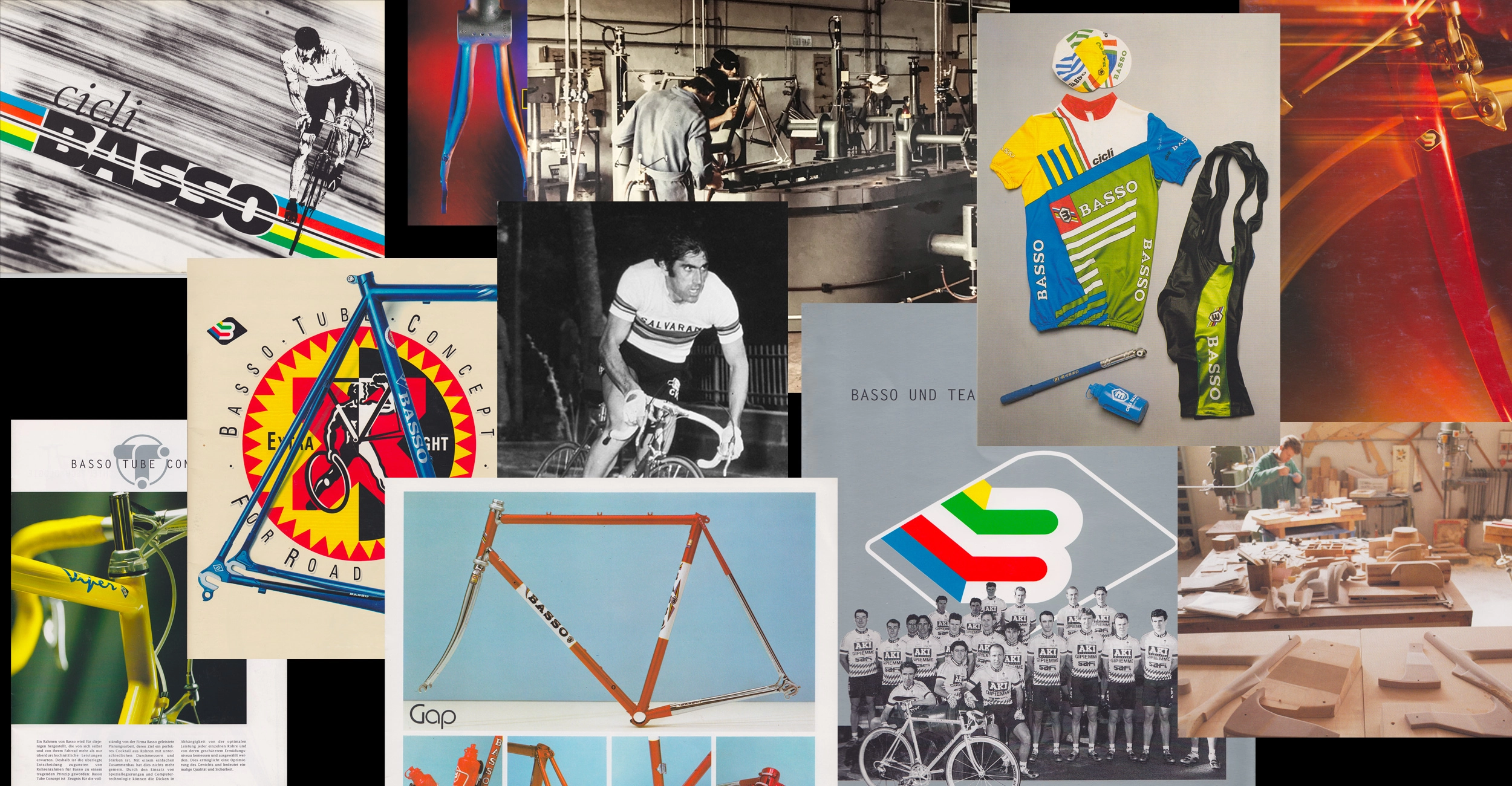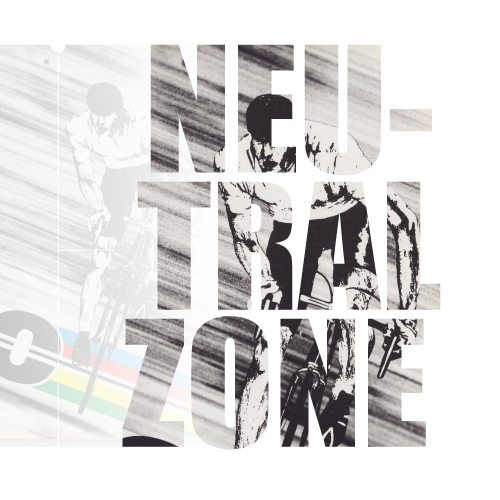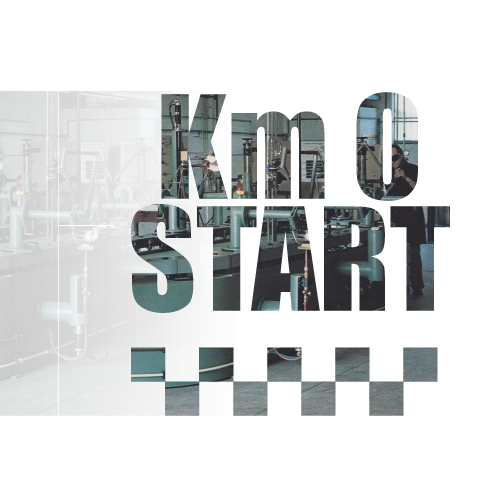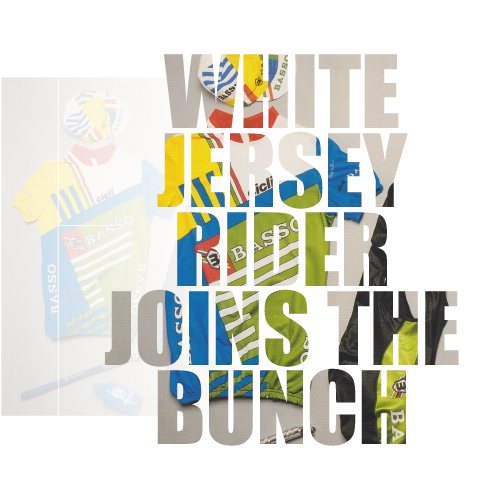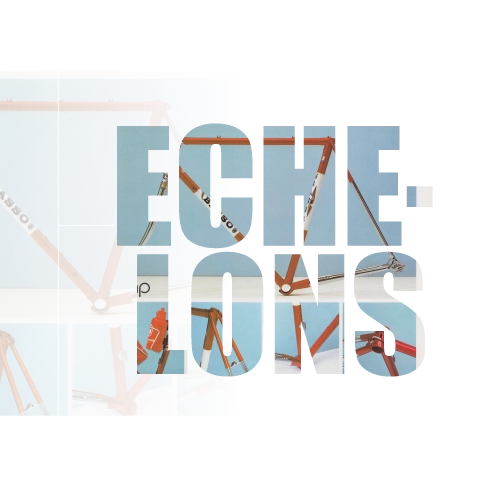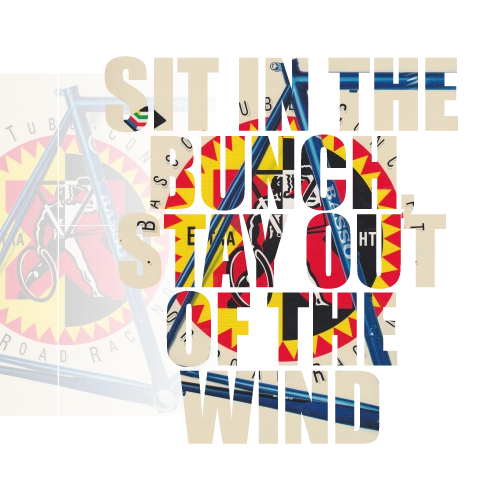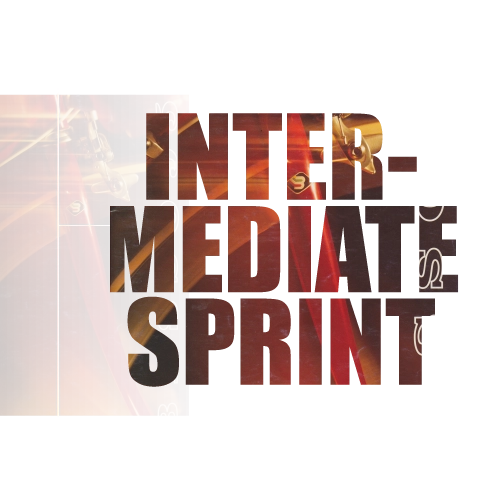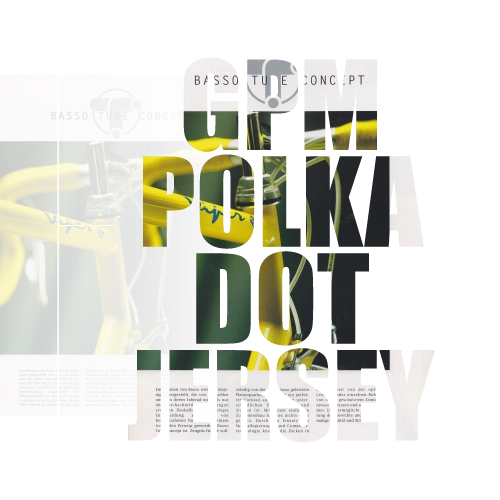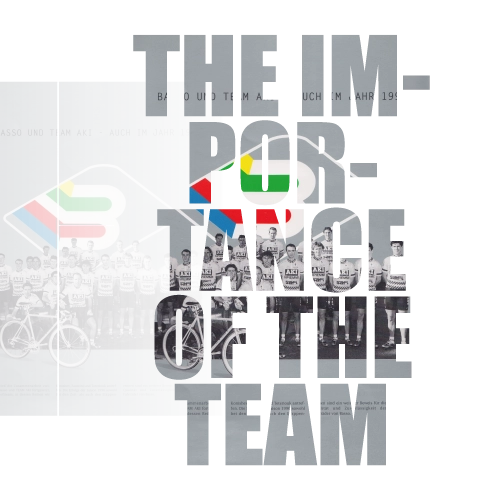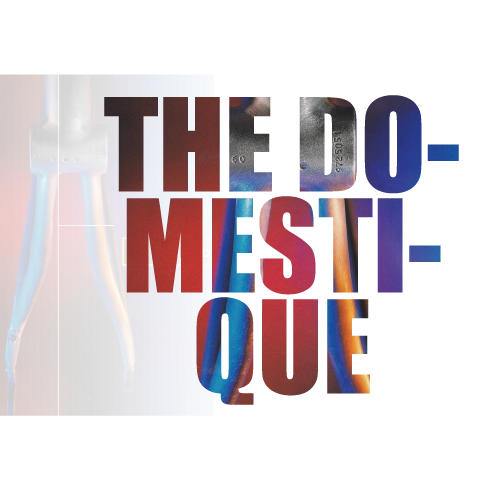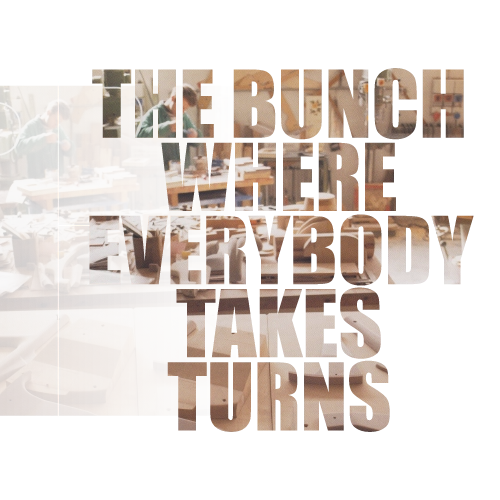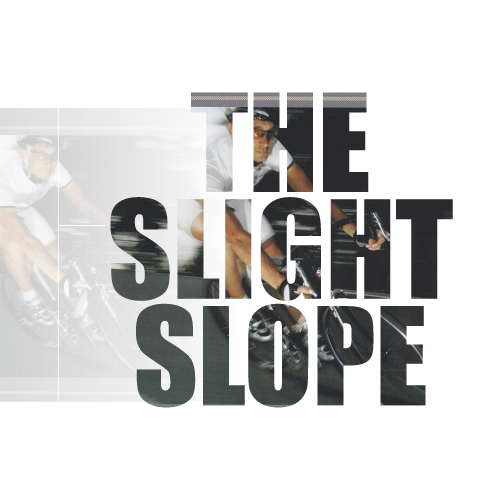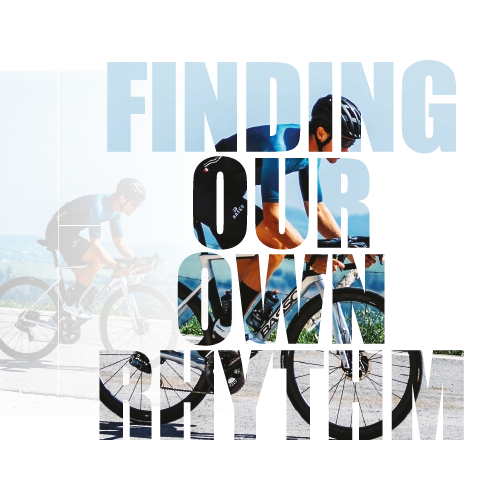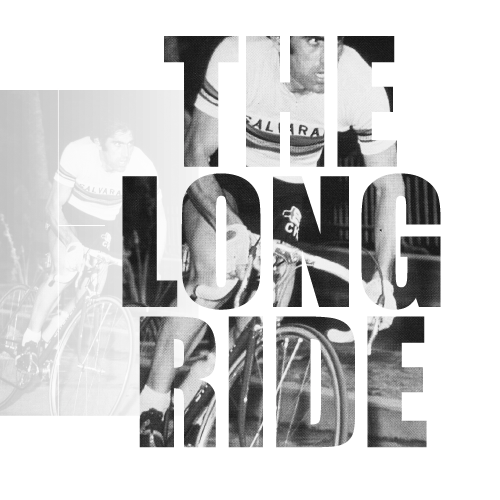Neutral zone
Some vocations arise from curiosity. In Rettorgole di Caldogno, a small town in the province of Vicenza, a boy grows up among the racing bikes on which his older brother rides. It’s the second half of the 1970s and the boy is fascinated by the technology that is hidden behind every bicycle. He wants to use technology to make riding a better experience. It’s a deep fall in love. The boy’s name is Alcide Basso.
In his home workshop he begins brazing, disassembling and reassembling, getting his hands dirty to understand how things are made. At the beginning it is nothing more than a game. As a self-taught he ventures between materials and geometries, between mechanics and aesthetics, between technique and passion. In those years, the dominant approach in the production of bikes was the artisanal one. Alcide chooses to follow the same direction and starts working in the home workshop.
Km 0 – Start
In 1977, fate knocks on his door with the first particular order: a man over two meters tall is looking for someone to make a frame made to measure for his body. Alcide accepts the challenge and throws himself headlong into it. It is the opportunity he was waiting for to transform his passion into something concrete and recognizable.
He draws by hand the first Basso loom in history. He bases geometry on the idea that the frame must be the extension of a body, that mechanics must adapt to biology to enhance it. It is the concept that will be the architrave of his entrepreneurial adventure. He buys 11 steel tubes and assembles them in his own workshop. Years of trial and error, sacrifice and devotion take shape through the perfectionistic care that distinguishes it. The customer is fulfilled and the first frame built by Alcide Basso will continue to grind kilometers for the next thirty years. That first product shows the potential of the brand and drives other orders, giving Alcide the confidence to open his own workshop. Thus, the Basso company was born
White jersey rider joins the bunch
From the very beginning he understood how essential it is to have a precise working method and a great respect for materials and for those who work them. He analyzes every single component and studies how to improve it. Alcide keeps the boy’s curious gaze but decides to make it more effective thanks to technology and experience. He understands that he has to engineer the artisanal processes to be more precise and reliable.
Fascinated by the engineering aspect, he decides to go to the European country where they have “mechanics in their heads”: Germany. There, they fall in love with that Italian who thinks like them, who is reliable and a perfectionist, who does not hesitate to get in the car and personally reach customers in Germany to solve their problems. Germany makes Basso take off and Alcide will always be grateful to the great nation “without which Basso would not be what he is today”.
Echelons
At the time, the 70s and 80s, the bike frames were made of steel. For a better aesthetic result, they were often chromed and the weak point it was the chromium plating. To obtain it, corrosive acids attack the metal to give it the chrome effect. In the construction of the frames, part of these acids for the chrome plating often ended up inside the tubes which gradually corroded to the breaking point. Once again, Basso’s corporate history is confirmed as being founded on careful observation from which improvements can be developed. It’s not the desire to finish first but the determination to want to be the best over time, studying more effective solutions. Alcide wants to produce perfectly.
Sit in the bunch, stay out of the wind
Once again, Germany proves to be crucial. During one of his business trips Alcide realizes that the steel of the cars resists rust much better than in Italy, despite the climate would lead one to think the opposite. It is precisely from the automotive industry that Basso was the first to develop the system to protect the chromed frames: a chemical agent that blocks acid erosion is manually sprayed inside the tubes. The system works and Basso is the first to use it, differentiating itself thanks to more reliable and durable frames.
Intermediate sprint
But even steel, despite innovations and improvements, loses its leading role in the world of bicycles. It is its own weight that makes it collapse when, at the end of the 1980s, aluminum appears on the scene. Lighter and less complex to work with. The temperature at which it is processed requires a lot of attention, but it spreads on the market and quickly supplants steel and its technical complexities.
GPM – Polka dot jersey
The focal point of a Basso frame is not the material, it is the person. Alcide wonders how to build a universal frame, suitable for different bodies. How to harmonize the mechanics of a bike with the biology of the human body to enhance the emotions of riding? It is always in Germany that his approach finds fertile ground. He begins to measure the bodies of over eight hundred people and from that data emerges the balance on which calibrate the frames.
The importance of the team
The human factor is the fulcrum around which Alcide’s vision orbits. It is not only the desire to produce frames capable of offering the best driving experience but also the respect and trust towards the people who, together with him, contribute daily to Basso’s growth. “You don’t do anything alone” and Alcide is fully aware of this. It is the technicians who pass on the artisan knowledge, they are the hands that allow Basso to raise the level of his frames. The planning is technical, the realization is done by hand.
The same production processes are calibrated on the tiredness of the specialized technicians who have to carry them out, so as to foresee errors. The processes chosen take maximum account of the health of the workers, as in the case of the paints that Basso develops: they must protect the frame without damaging the health of the painters. The materials evolve, the construction method remains more or less unchanged. Basso obsessively tests each new product to perfect its quality, whether it’s in the laboratory in the salt spray or riding on the roughest terrain. This is the only way to create something capable of lasting over time. The human factor is the fulcrum around which Alcide’s vision orbits. It is not only the desire to produce frames capable of offering the best driving experience but also the respect and trust towards the people who, together with him, contribute daily to Basso’s growth. “You don’t do anything alone” and Alcide is fully aware of this. It is the technicians who pass on the artisan knowledge, they are the hands that allow Basso to raise the level of his frames. The planning is technical, the realization is done by hand.
The domestique
The same production processes are calibrated on the tiredness of the specialized technicians who have to carry them out, so as to foresee errors. The processes chosen take maximum account of the health of the workers, as in the case of the paints that Basso develops: they must protect the frame without damaging the health of the painters. The materials evolve, the construction method remains more or less unchanged. Basso obsessively tests each new product to perfect its quality, whether it’s in the laboratory in the salt spray or riding on the roughest terrain. This is the only way to create something capable of lasting over time
The bunch where everybody takes turns
In a particular contamination between the Italian creative vision and aesthetics, the German engineering approach and Japanese perfectionism Basso finds his own identity. Imagining with ambition but working humbly, constantly questioning everything. Try, fail, observe, confront and try again, until the result is achieved.
The dialogue with different realities, even outside the world of bicycles, is carried out on several fronts. For example, the first carbon frame produced by Basso is sent to the University of Graz to be subjected to numerous tests which will also lead to a thesis on the torsion and bending of carbon frames. Team play is fundamental, mutual enrichment.
The slight slope
At the same time Alcide wants to enhance Basso over time: not only by building durable frames but also by developing technologies at a sustainable pace. In an increasingly accelerated and voracious economic model, Basso develops technologies that remain unchanged for at least three years, going in the opposite direction to planned obsolescence through which the industry increases profits by squandering resources and pushing customers to buy products that will be old in a few months
Finding our own rhythm
The direction that guides Basso’s progress is always to offer the best driving experience. To do this, the company begins to internally develop the components as well as the frames.
The frames have now reached a level of tuning that is difficult to raise, so Basso’s approach becomes holistic. It is not the search for extreme performance, for a lower weight, for better aerodynamics. It is the will to offer the best riding experience to anyone who wants to get in the saddle. If Basso develops a new pedal the principle is not to create a lighter pedal, but to create the best pedal to pedal on.
Over the years a business ecosystem has developed that increases the value of Basso, who always seeks his own interpretation towards innovation. The components enhance the frame, which is why it is specially made. The entire company remains committed to the original mission of that boy who, looking at his brother’s racing bikes, wondered how to create better ones.
The long ride
This is the path made in four decades, which has prepared the ground for the future. Alcide is still the backbone of the company and continues to work with the same curiosity, the same enthusiasm, the same humility. He still gets his hands dirty because, as he says, “I am and will always be a worker”.
A worker who has been working for forty years to make a bike ride, whether it’s a professional race or a Sunday walk, a better experience.
